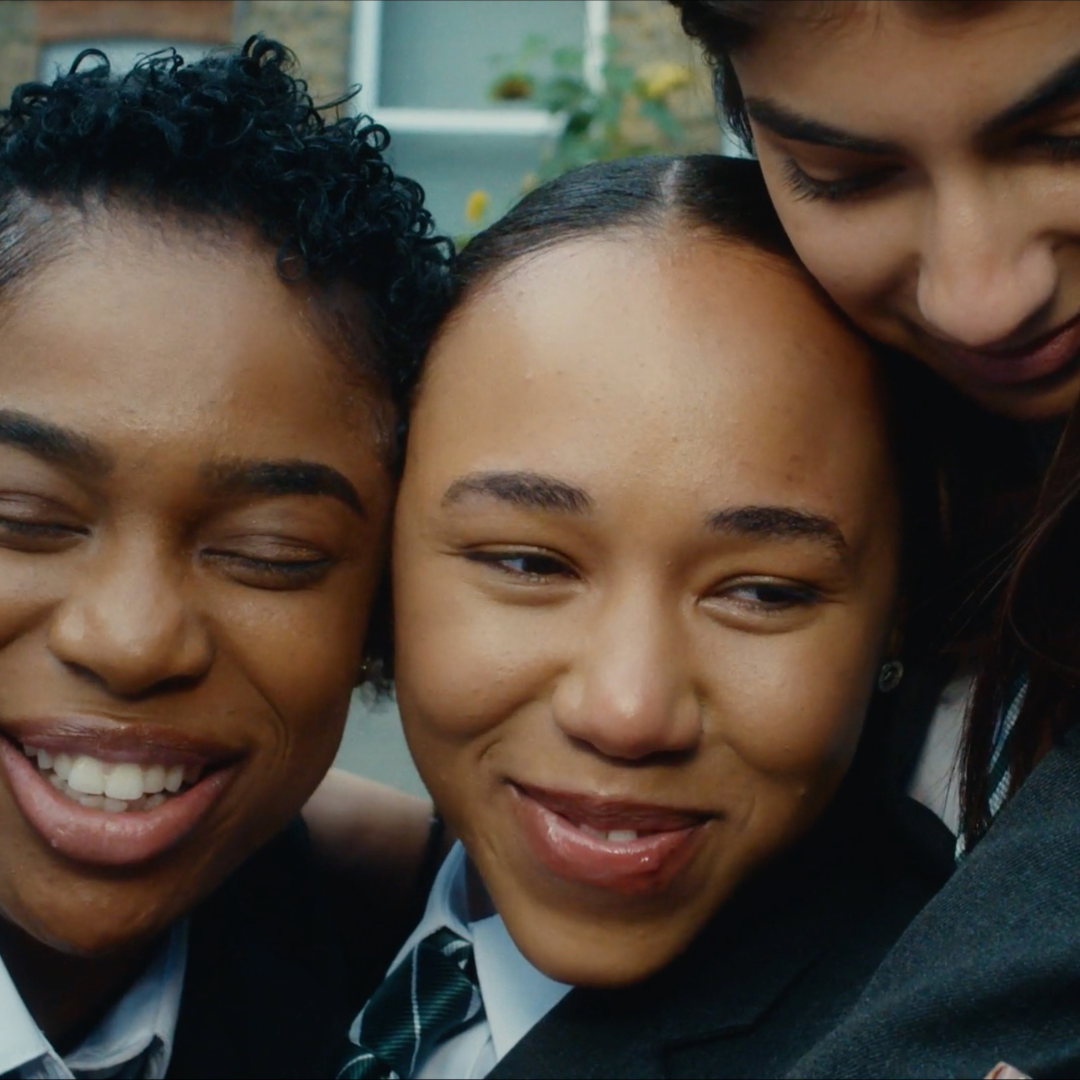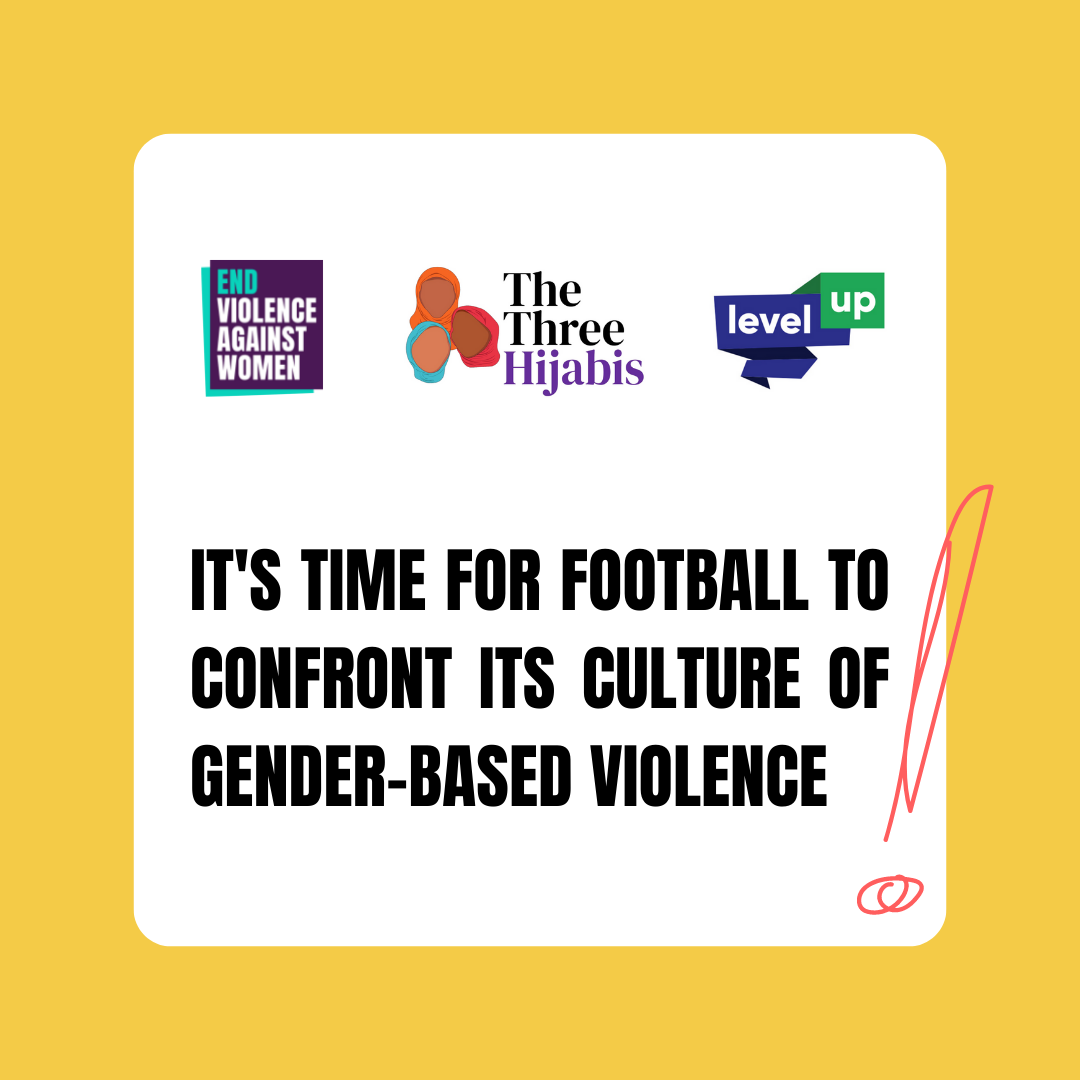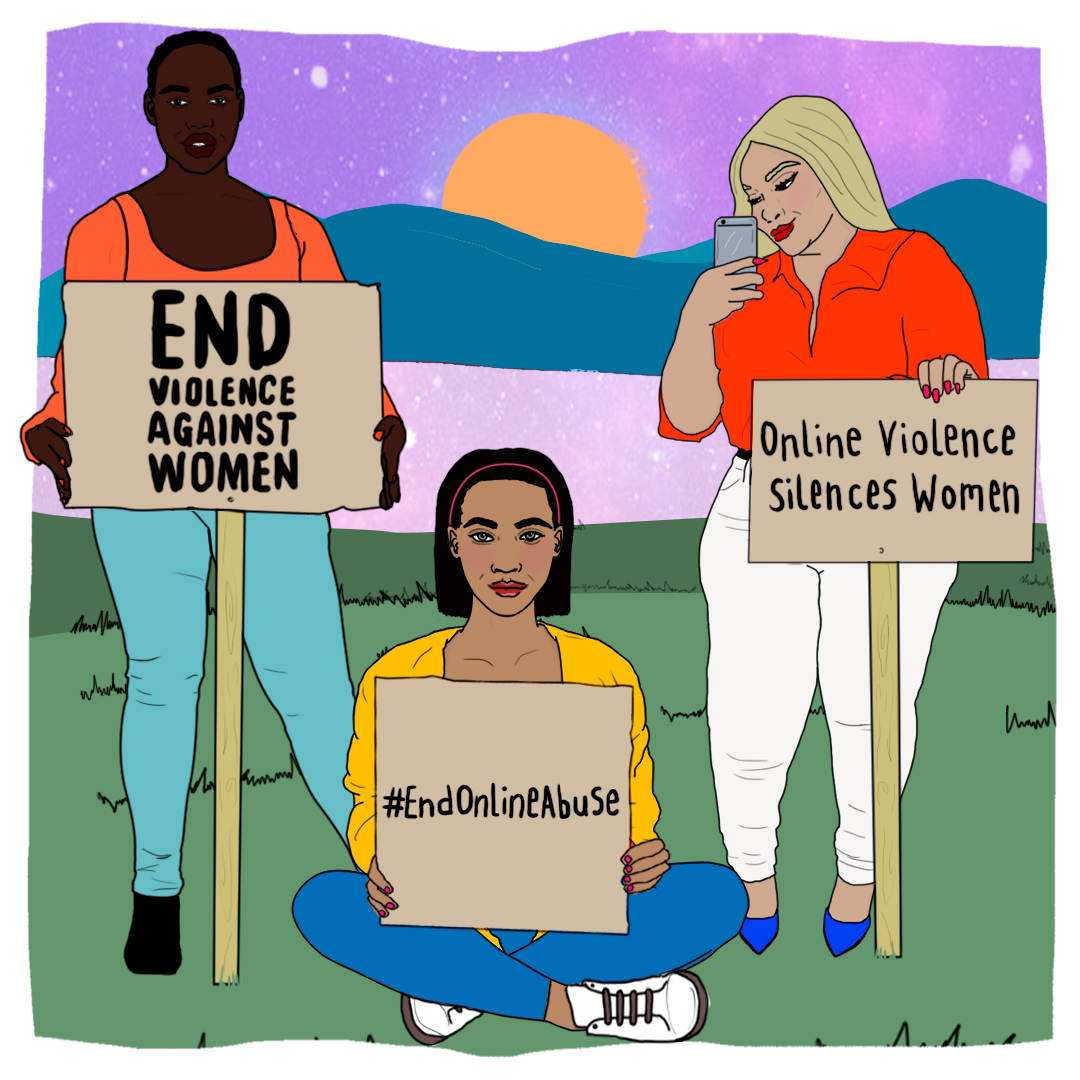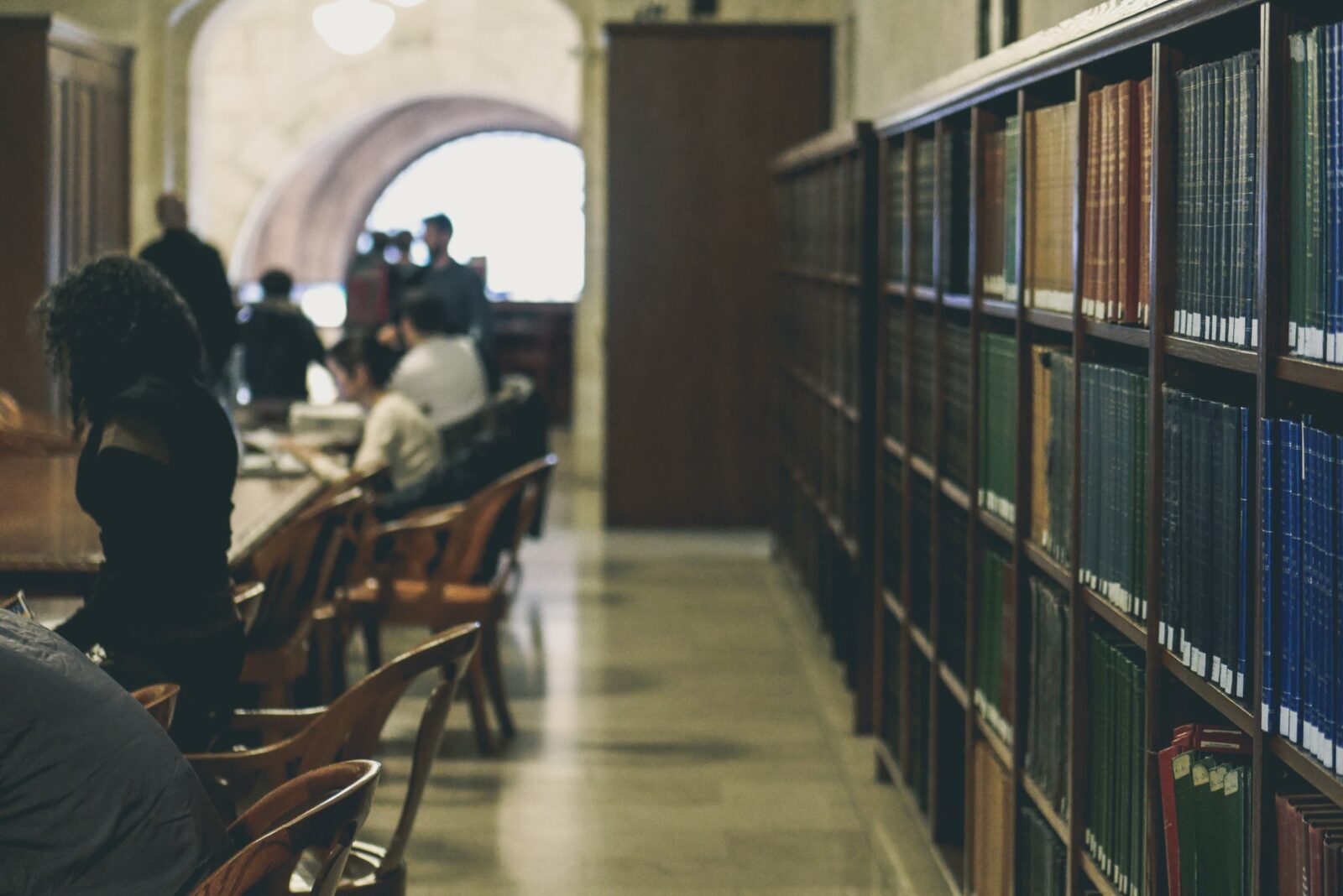
1 in 7 women students experience serious physical or sexual assault during their time as a student
68% of young women have experienced sexual harassment whilst at university or college
Young women across the population are already disproportionately subjected to sexual violence and other forms of abuse.
DOWNLOADS
EVAW has produced a legal briefing which shows how universities and colleges are already legally obliged to ensure women students can enjoy their university experience free from abuse.
We have written to Business Secretary Vince Cable, Education Secretary Nicky Morgan and the heads of Universities UK, the Russell Group and the Association of Colleges asking them to encourage universities and colleges to review their policy and practice in this area and ensure they are doing all they can to keep women students safe.
The EVAW briefing, ‘Spotted: Obligations to Protect Women Students’ Safety & Equality,’ authored by leading public lawyer Louise Whitfield, shows how Human Rights and Equality law can render existing university and college policies and procedures on abuse of women unlawful, such as universities/colleges failing to investigate a report of rape and regarding it as a purely external police matter.
The law says that universities and colleges must be able to demonstrate that they took women’s equality and safety into account when developing policy on accommodation, governance for student societies, campus security and more.
The legal briefing also argues that the misuse of university resources – including the use of university computers or email addresses to abuse and harass women students, or allowing the promotion of sexist or discriminatory events such as a ‘Freshers Violation’ night – may be unlawful.
The briefing concludes with guidance for students who want to seek redress from their institution following discrimination or harassment or to improve university responses to sexual and other forms of violence, including instructions on taking a case to the Equality & Human Rights Commission or seeking judicial review.
Universities and colleges are well placed to prevent abuse and can work to address violence against women students by:
-
- Monitoring levels of violence against women through surveys of female students and staff
- Ensuring the college or university is linked to a local specialist support service like Rape Crisis for student referral whether or not abuse is reported to police
- Investing in staff training on violence against women and girls
- Developing policies with staff, students and women’s groups to address all forms of VAWG alongside clear response procedures
- Implementing violence prevention and bystander programmes which empower students to recognise abuse and intervene when they witness problematic behaviour.
Legal Briefing:
Spotted: Obligations to Protect Women Students’ Safety & Equality – Using the Public Sector Equality Duty & the Human Rights Act in Higherand Further Education Institutions to Improve Policies and Practices on Violence Against Women and Girls by Louise Whitfield and Holly Dustin for EVAW, 2015
Campaigns and interesting links:
The Intervention Initiative (a bystander intervention programme for all universities to address the problem of sexual violence and domestic abuse in student populations, incorporating a free comprehensive online programme of teaching sessions and additional resources), University of the West of England
Becoming a Zero Tolerance Union: Ending sexual harassment in your union, NUS
Sexual Violence Incident Resource Guide, Oxford University Student Union
I Heart Consent Workshop Guide, NUS women’s campaign and Sexpression UK
Good Lad Workshops, University of Oxford
It Happens Here, University of Oxford
Cambridge Speaks Out, University of Cambridge
Consent Campaign, CUSU Women’s Campaign
Get Savi, Scottish Women’s Aid
1 is 2 Many, The White House, USA
Not Alone, The White House, USA
Know Your IX: Empowering Students to Stop Sexual Violence, USA
Step Up, University of Arizona, USA
Reports:
Hidden Marks: A study of women students’ experiences of harassment, stalking, violence and sexual assaults, NUS, 2011
That’s What She Said: Women students’ experiences of ‘lad culture’ in higher education, NUS, 2012
College and University responses to Forced Marriage, Centre for Family Law and Practice at London Metropolitan University, 2013
OTHER CAMPAIGNS




